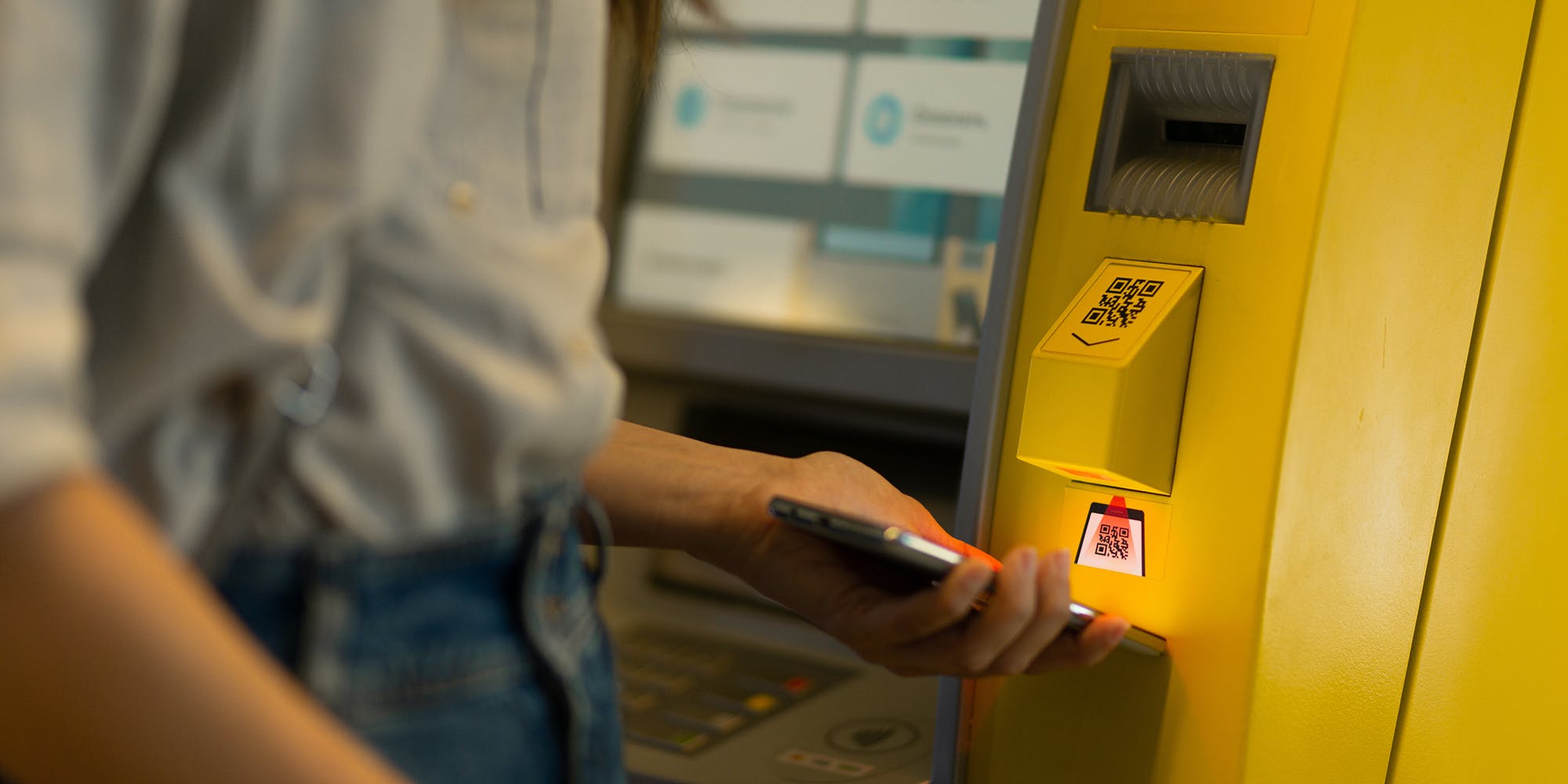The Federal Trade Commission (FTC) has issued a warning about a new cryptocurrency scam that involves QR codes.
The FTC says scammers are using impersonators to trick people into giving them money in transactions involving QR codes and cryptocurrency ATMs.
Scammers have increasingly turned to cryptocurrency in recent years, perhaps because it’s more difficult to track and transferable between currencies.
🆕 #ScamAlert: There’s a new spin on scammers asking people to pay with #cryptocurrency. It involves an impersonator, a QR code & a trip to a store (directed by a scammer on the phone) to send your 💰 to them through a cryptocurrency ATM. Learn more: https://t.co/xZ7uM31ycg — FTC (@FTC) January 10, 2022
Last summer, the Daily Dot reported that the esports powerhouse FaZe Clan was accused of being caught up in a “pump and dump” scheme involving crypto. Earlier this week, CNBC reported that securities regulators say cryptocurrency and other digital asset scams are the biggest threat to investors “by far.”
The FTC says targets of the latest scam may receive a call from someone claiming to be law enforcement, the government, or your utility company. The caller could also pretend to be an online romantic interest or someone saying you’ve won the lottery or another prize.
As with any scam, the caller eventually asks you for money. Those who seem amenable will be directed to a store or other business that has a crypto ATM. The scammer will remain on the phone throughout, the FTC says.
Once you reach the ATM, the scammer directs you to buy crypto. Then they send you a QR code with their address embedded in it, the FTC reports. You’re instructed to scan the code so that the money transfers to them.
“But then your money is gone,” the FTC says.
In its warning, the FTC stresses that “no one” from law enforcement, the government, a utility, or a prize committee will ask for payment via cryptocurrency.
“If someone does, it’s a scam, every time,” the agency said.
If you receive a call, email, text, or social media message—especially from a stranger—asking for advance payment for something via crypto or otherwise, it’s a scam.
The FTC asks people to report suspicious activity of this nature at reportfraud.ftc.gov.

 Mexican Football Federation signs Bitso as first cryptocurrency sponsor
Mexican Football Federation signs Bitso as first cryptocurrency sponsor